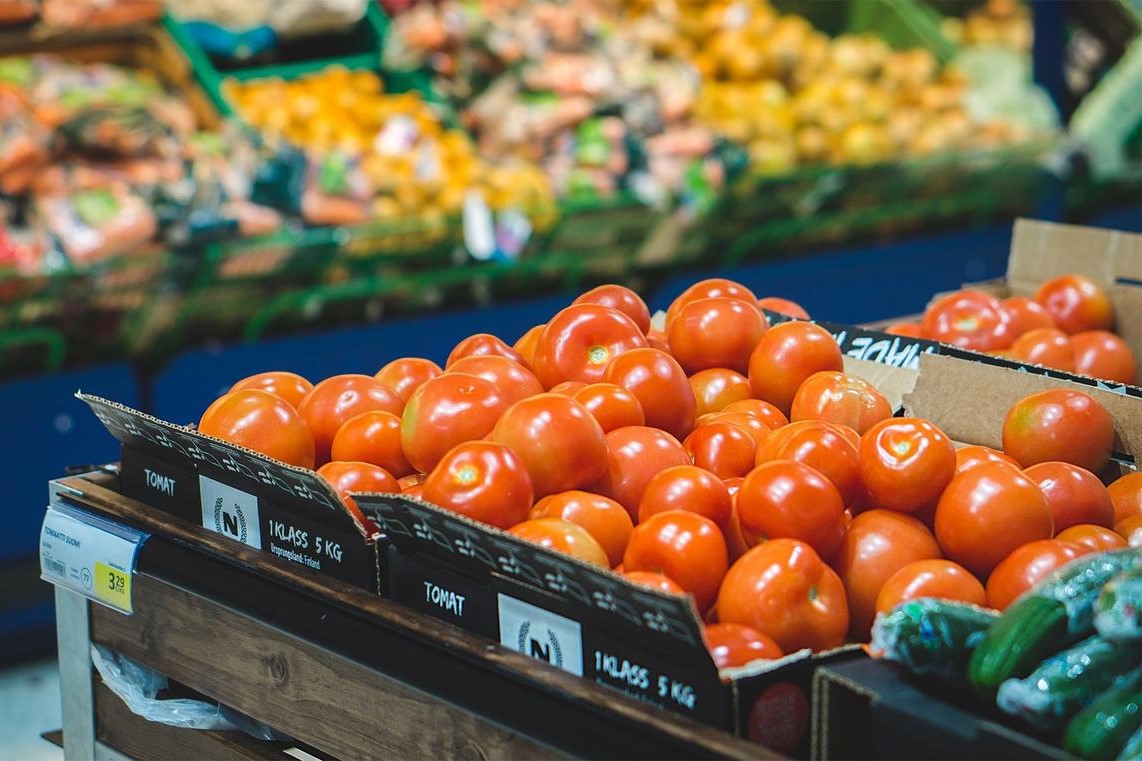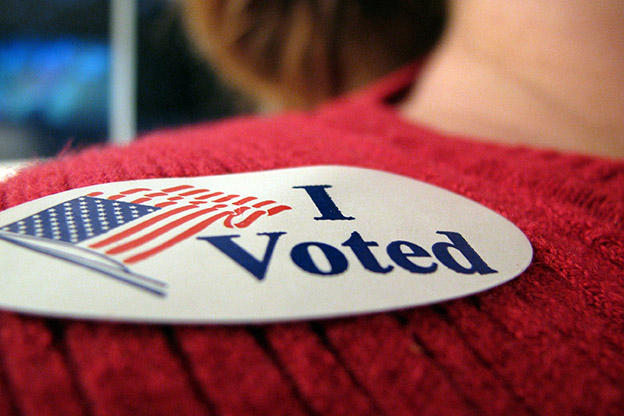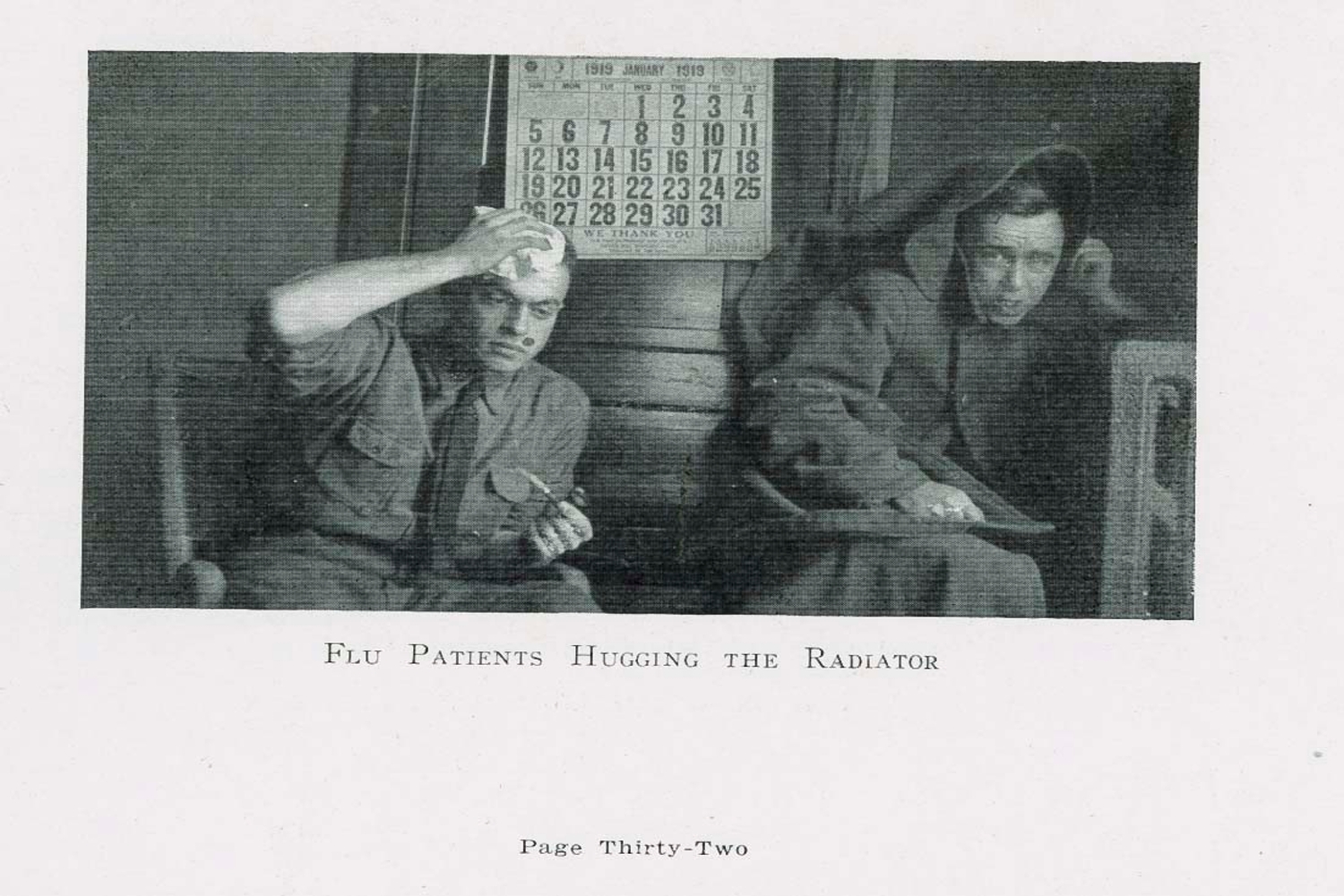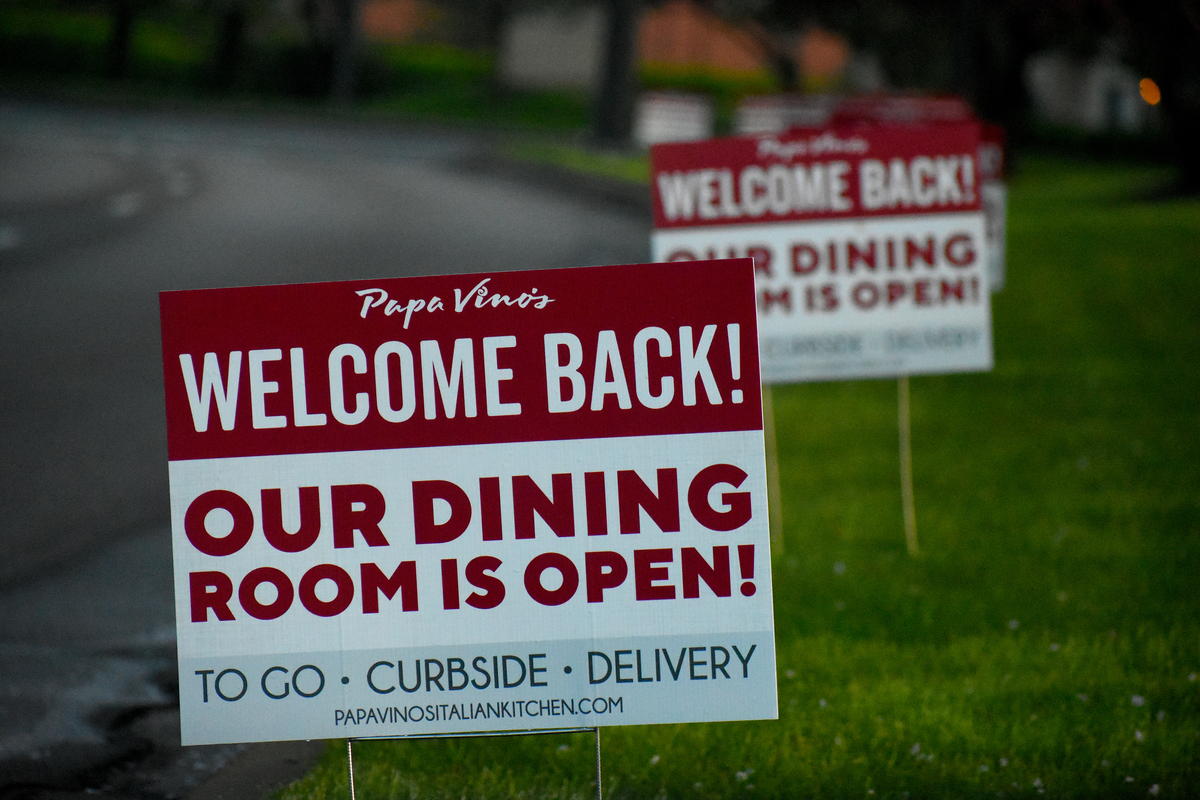
(Pixabay)
Indiana will step up the Supplemental Nutrition Assistance Program, formerly known as food stamps. A new addition to the program will allow to deliver groceries to vulnerable people.
The move could help the increasing number of people who rely on food assistance and many seniors using SNAP who should continue to stay home to avoid contact with COVID-19.
For Delbert Easley, it’s not the quarantine part of the pandemic that’s been tough.
"I’m a homebody anyway," says Easley.
Retired and living on a limited income and disability, Easley uses food assistance. He’s visited a couple of drive-thru pantries. A senior service group has also started to deliver him frozen meals.
"I have a hard time getting out," says Easley, "and to have that food delivered ... It helped me out a whole lot."
It’s also dangerous for older people to go out, as they are more vulnerable to COVID-19.
Secretary of Indiana’s Family and Social Services Administration Jennifer Sullivan says food insecurity and transportation are linked.
"This was a priority for us even pre-pandemic, but problems that were small before are big now and this was a big problem before," says Sullivan, "so now, critical."
Sulivan says the state raised its hand a few years ago when the USDA announced it could include food delivery for people on SNAP. Now the pandemic pushed that program open.
"We raised our hand high again," says Sullivan, "because we know that there are many individuals who receive SNAP benefits and have many additional barriers to food."
Indianapolis is home to many food deserts, areas where healthy food access is limited. Having delivery options for everyone on SNAP could close some of those gaps.
And there is a lot of praise for this added benefit.
Director of Indiana’s chapter of American’s for Prosperity, a political advocacy group, Michael Chartier says the coronavirus crisis fast tracks many such programs.
"By cutting red tape, we let Americans that need it better access to materials they need," says Chartier, "this goes across a whole variety of spectrums."
Many groups also advocate for broader, long-term increases in SNAP benefits.
CICOA is the area aging agency that helps low income seniors, like Easely, with food assistance reports a sharp increase in need among those they serve.
"The number of new clients, for meals, has increased at a rate that we have not seen before," says Tauhric Brown, CEO of CICOA.
Likewise, the FSSA reports SNAP applications are up more than 250 percent.
Easley recently re-applied for SNAP.
"I haven't heard anything from them yet," he says, "and it's been a bit two weeks now."
It can take up to a month for benefits to start.
The new delivery service is expected to kick off this month. It will be facilitated through Electronic Benefit cards that most people on SNAP already use.
Sullivan says the ability to grow Indiana’s SNAP program is one bright spot in the pandemic.
"The silver lining for our teams at FSSA is," Sullivan says, "hey, we were thinking about the right stuff, and we need to keep our foot on the gas."
Walmart and Amazon have committed to Indiana’s SNAP delivery, and FSSA is working with other companies to reach as many people as possible.










